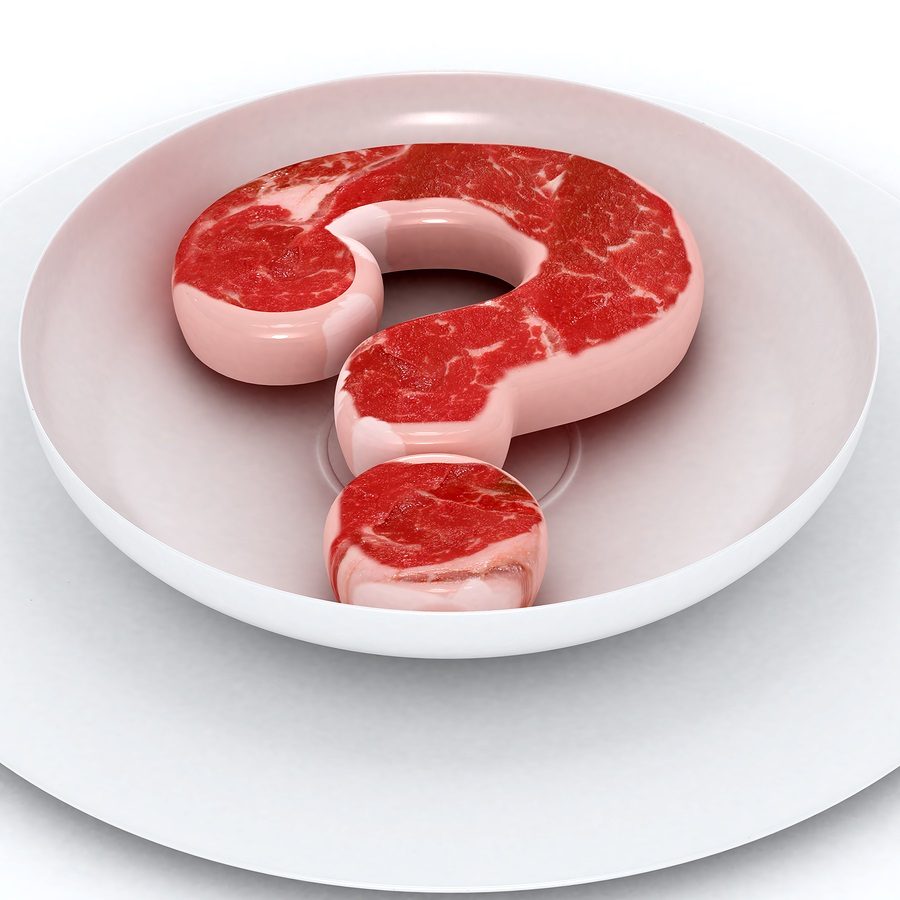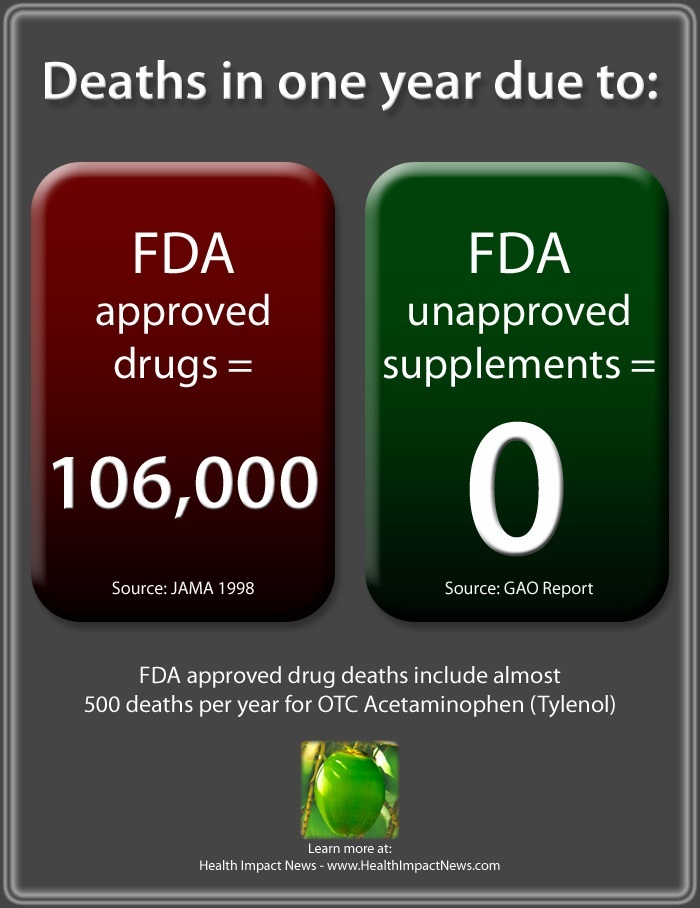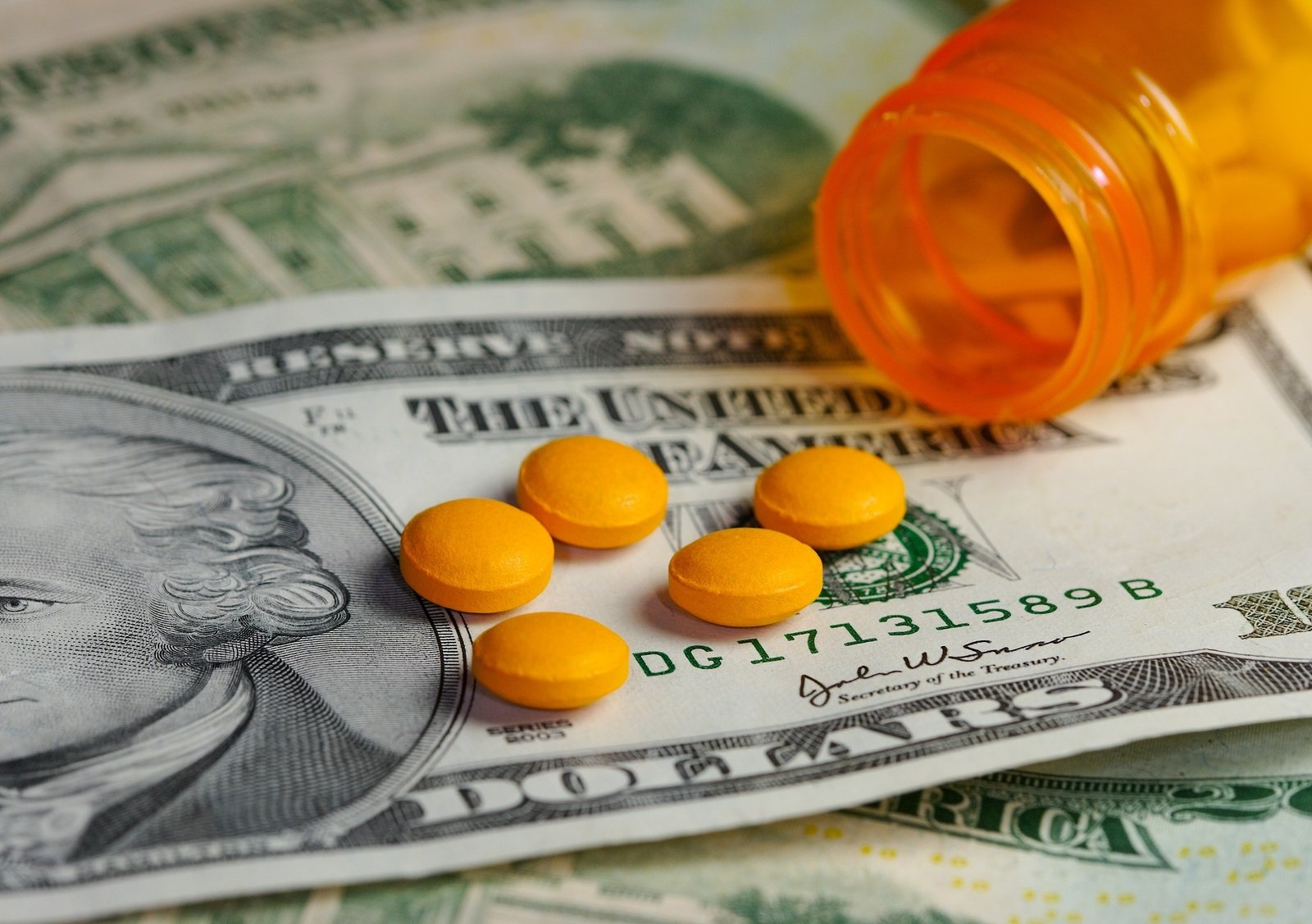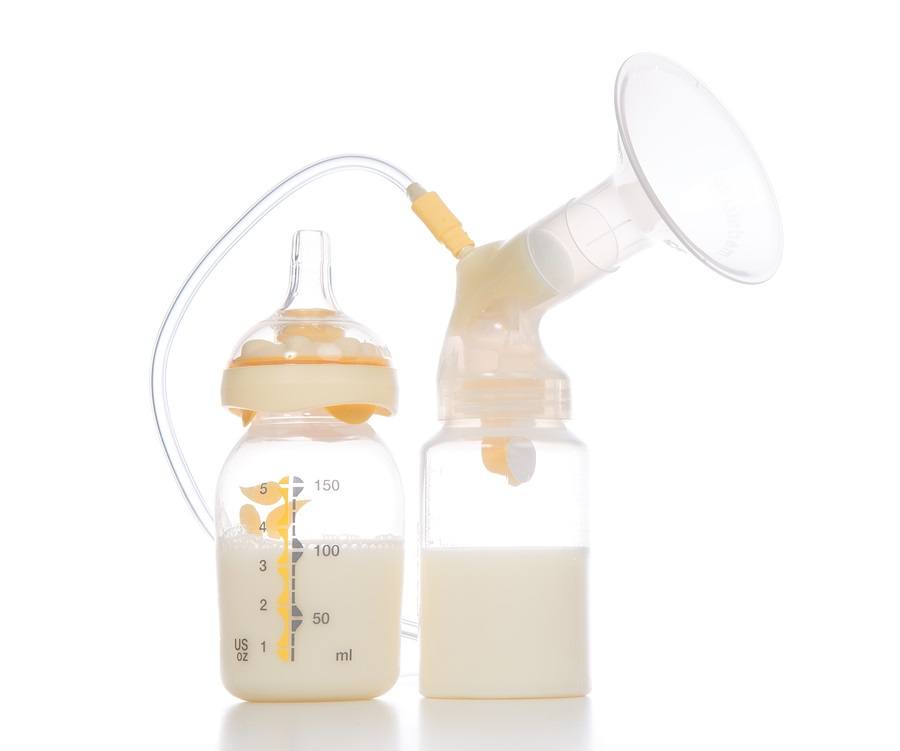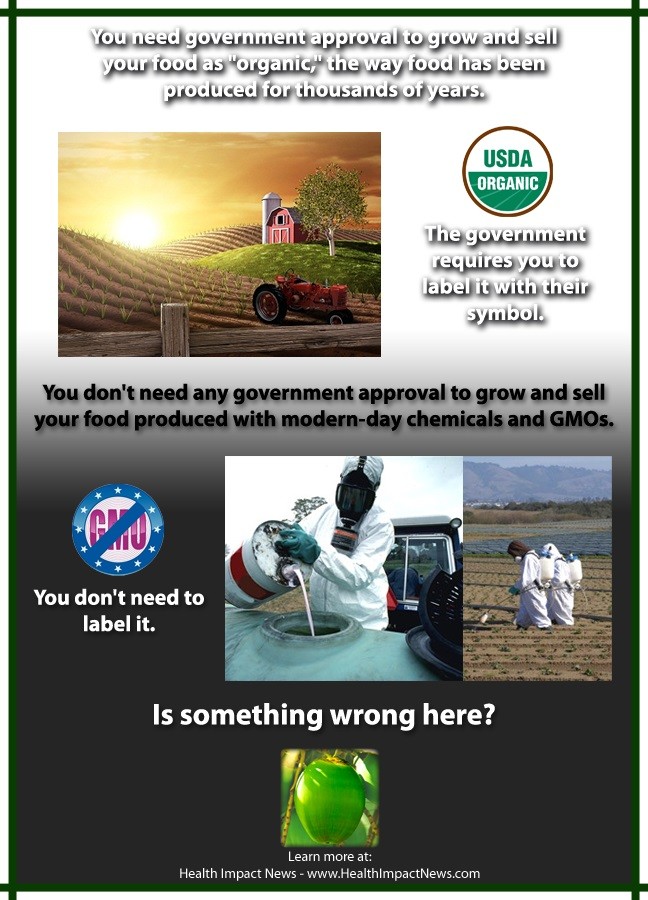Is Trans Fat “Ban” Paving Way to Promote New Monsanto GMO Product?
The recent "ban" on trans fats may actually be a way to promote a Monsanto GMO product. It’s important to note that since this is a proposed rule, and not a final one, there’s still a chance it could be changed or dropped. In the rule, the FDA mentions that the agency is open to alternate approaches to addressing partially hydrogenated oils in food, such as the setting of acceptable trans fat threshold levels. The timing and intent of the FDA’s rule is suspect for two reasons. First, it was announced only after most companies had already eliminated trans fat—it’s currently only in a handful of foods. Second, the ban will promote market demand for two new GMO soybeans by Monsanto and DuPont, which are engineered for trans fat free oils.







